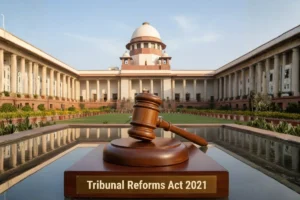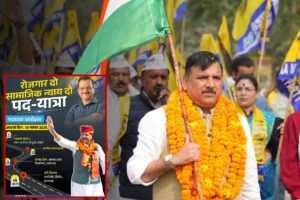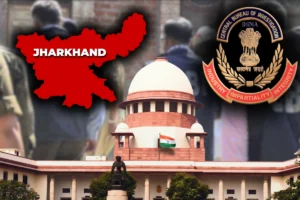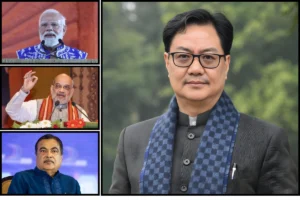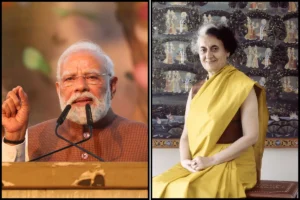
SC directs parties to complete CAA pleadings within three weeks, adjourns hearing to 6th December, 2022.
The Centre urged the court to reject petitions contesting the legality of the CAA, describing it as “a benign piece of legislation” that aims to give a break to particular communities from particular countries with a clear cut-off date.
The Supreme Court ordered all parties to submit their pleadings within three weeks and postponed the hearing for PILs contesting the Citizenship Amendment Act until 6th December, 2022.
Assam and Tripura have been given three weeks to respond to the apex court’s order to separate the petitions. A new bench will hear the case at this time because Chief Justice UU Lalit will retire at the beginning of November.
The SC is set to hear around two hundred and thirty-two PILs challenging the constitutional validity of CAA. The issue is presently before a bench comprising CJI Uday Umesh Lalit and justices S Ravindra Bhat and Bela M Trivedi and it is likely to be referred to a three-judge bench.
Meanwhile the Centre insisted today that the CAA was a “a benign piece of legislation” which seeks to provide a relaxation to specific communities from specified countries with a clear cut-off date and urged the court to dismiss petitions challenging its validity.
In light of the exclusion of Muslims, opposition parties, leaders, and other entities have sharply criticised the 2019 amended law, which aims to grant Indian citizenship to non-Muslim migrants from Pakistan, Bangladesh, and Afghanistan who are members of the Hindu, Sikh, Buddhist, Christian, Jain, and Parsi communities and arrived in the nation before 2014.
The Citizenship (Amendment) Act’s implementation will not be suspended by the Supreme Court without first hearing from the Center, it was made clear in January 2020.
The top court had also stopped the nation’s high courts from hearing cases involving pending petitions on the topic because it wanted the central government to respond to a number of arguments challenging the CAA within four weeks.
The lead petition filed by the IUML claims the Act violates the fundamental Right to Equality and intends to grant citizenship to a section of illegal immigrants by making an exclusion based on religion.
Congress leader Jairam Ramesh, RJD leader Manoj Jha, Trinamool Congress MP Mahua Moitra, and AIMIM leader Asaduddin Owaisi are among those who have filed petitions contesting the constitutional validity of the amended law.
The Muslim organization Jamiat Ulama-i-Hind, the All Assam Students Union (AASU), the Peace Party, the CPI, the NGO “Rihai Manch,” attorney M. L. Sharma, and law students have all filed lawsuits against the Act in front of the Supreme Court.
To read more such news, download Bharat Express news apps







